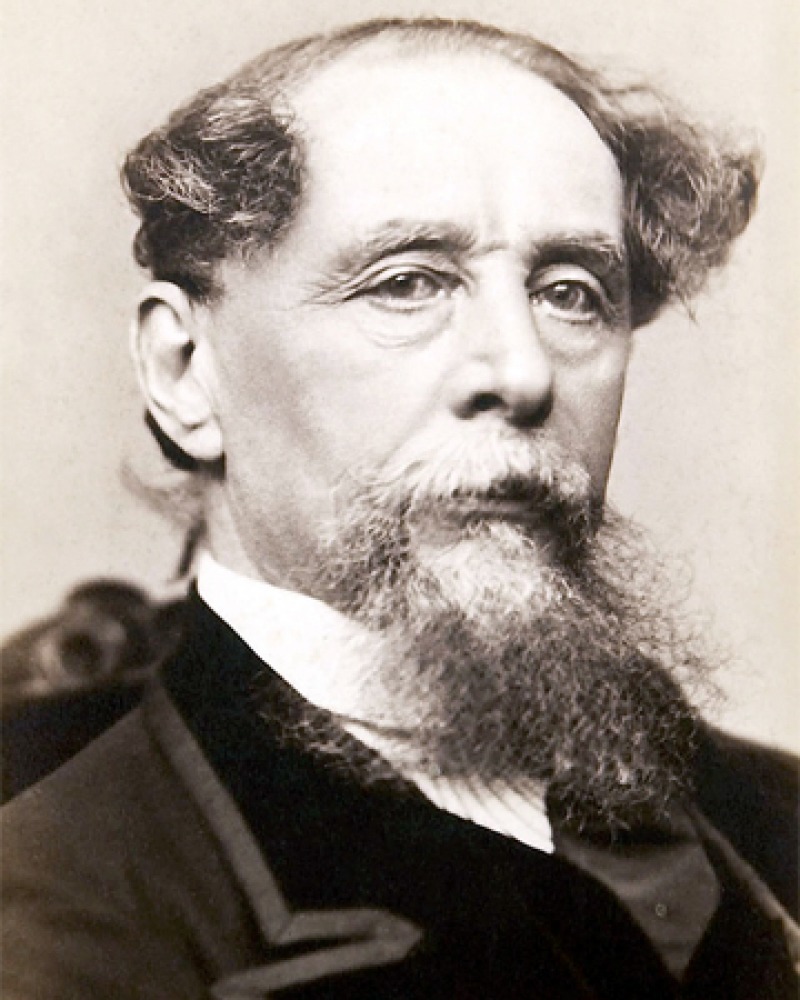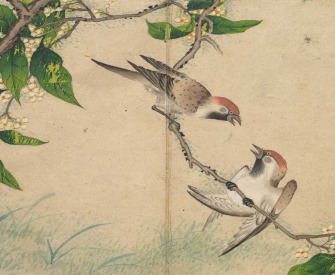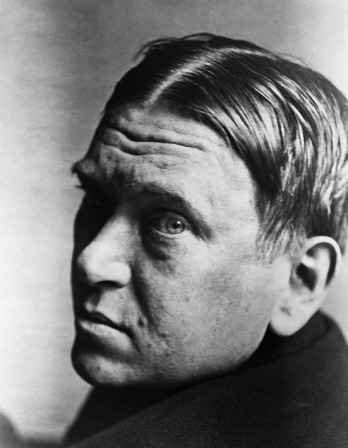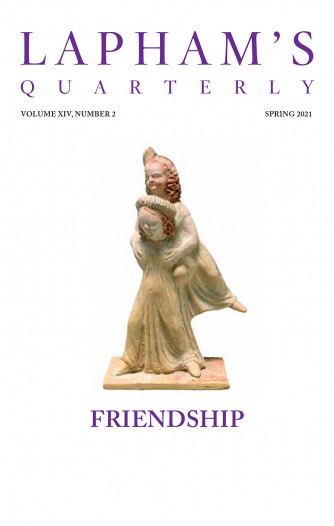
Charles Dickens
“Spy Police,”
1851
“Spy Police,”
I know of no better type of certain noxious insects than the police spies of the south of Italy. Their multitude, their ubiquity, their unwearied perseverance, their sharp sting, make them worse than the whole insect tribe united, and infinitely more dangerous. You may crush the wasp, or smoke the mosquito, or brush away the ant, and get some intervals of repose in spite of renewed attacks; they give you, too, some warning signs of their approach—but the police spy is invisible and never out of hearing; whether you are relaxing in frank and thoughtless merriment, or abandoning yourself to the sweet and delicious dreams of friendship; in the market or the street, the drawing room, the cafe, or the church, there he is. They reconnoiter the ground in various detachments for the commissary and report the movements, words, and almost thoughts of the “suspected,” or of whomsoever they please to place upon that fatal list. They assume no distinctive dress—make no sign; they walk in darkness, and move like the pestilence, yet they are as real existences, and follow as precise a trade, as the vendor of macaroni. These spies are not sent forth at random, like gleaners in a wheat field, to pick up whatever they can, but they are selected with caution and assigned a rank best fit them. Thus it happens that every grade of society has its appropriate and peculiar spies. Some are appointed to watch over the upper classes, some over the canaglie [scoundrels], some over the clergy; all watch each other.




